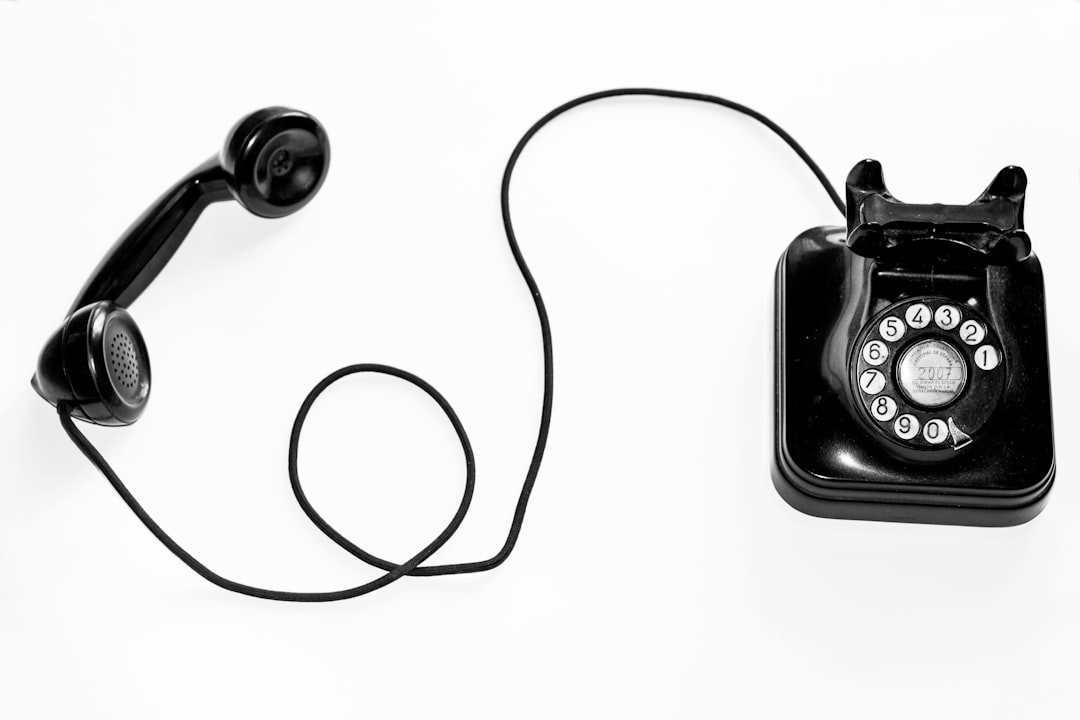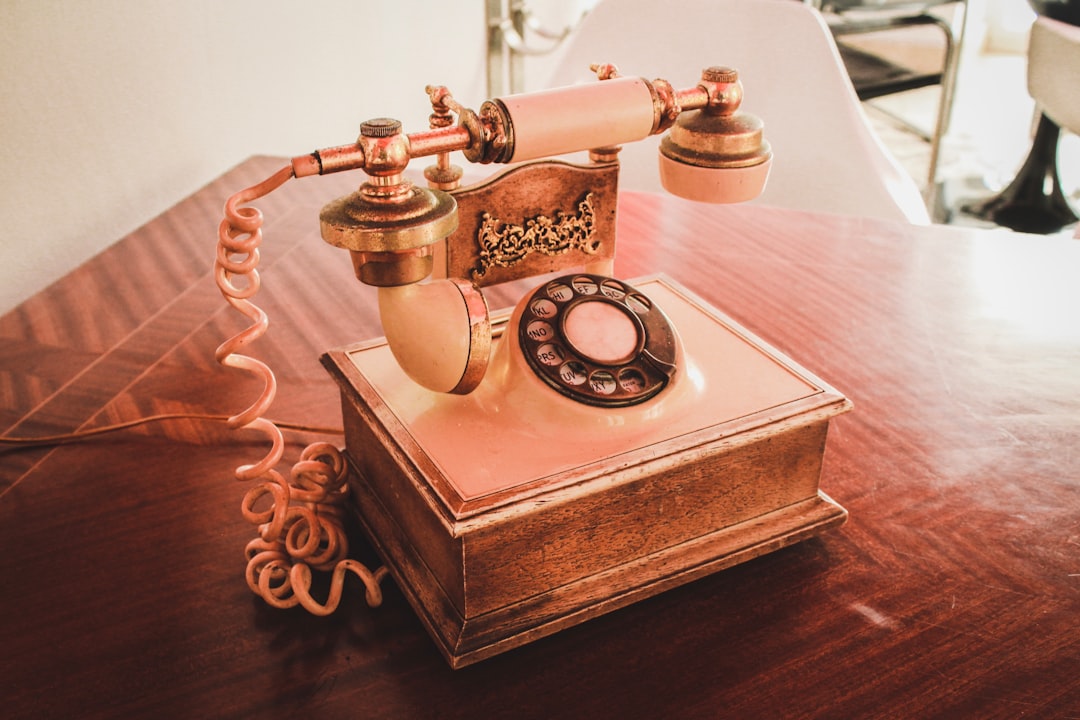Nebraska's data privacy laws strictly regulate autodialers, requiring explicit consent and adherence to "do not call" registries. Businesses using autodialers for marketing or sales should consult a lawyer specializing in Nebraska's autodialer regulations to avoid legal issues. Engaging such a lawyer offers expert guidance on compliance, risk minimization, and representation in privacy-related matters. Best practices include robust data security, staff training, regular audits, and protocol updates to safeguard consumer information.
In Nebraska, as across the nation, data privacy concerns are on the rise, especially with the advent of automated dialing technologies. This article explores how businesses and individuals can navigate the complex landscape of data privacy laws in Nebraska when using autodialers. We delve into the crucial role lawyers play in mitigating risks, offering guidance on identifying potential pitfalls, and providing best practices for secure auto-dialing operations to ensure compliance and protect consumer data. For those seeking a lawyer for autodialer Nebraska cases, this guide offers valuable insights.
Understanding Data Privacy Laws in Nebraska

Nebraska has specific data privacy laws that businesses and organizations must adhere to, especially when using automated dialing systems. The Nebraska Revised Statutes regulate the collection, use, and disclosure of personal information, ensuring consumer rights and protections. For businesses utilizing autodialers for marketing or sales purposes, it’s crucial to understand these regulations.
One key aspect is obtaining explicit consent from individuals before making automated calls. A “do not call” registry also exists, allowing residents to opt-out of such communications. Additionally, Nebraska law requires clear and conspicuous disclosure of the purpose of the call and provides consumers with the right to stop future calls. Engaging a lawyer specializing in autodialer regulations in Nebraska can help businesses ensure compliance, avoiding potential legal issues and fines.
The Role of Lawyers in Autodialer Cases

In cases involving autodialers and data privacy breaches, the role of a lawyer is indispensable. Legal professionals specializing in this area are crucial for navigating the complex web of regulations and laws pertaining to telemarketing practices and consumer data protection. They play a pivotal role in guiding businesses and individuals to ensure compliance with Nebraska’s strict privacy laws when utilizing autodialing technologies.
When clients face legal issues related to autodialers, these lawyers offer expert advice on minimizing risks, drafting effective consent forms, and implementing robust privacy policies. Their knowledge of case law and industry best practices empowers them to represent clients in negotiations, mediations, or, if necessary, litigation. Engaging a qualified lawyer for autodialer-related matters in Nebraska can significantly mitigate potential legal consequences and protect an individual or business’s interests during these sensitive situations.
Identifying and Mitigating Risks with Autodialers

In Nebraska, as in many states, the use of autodialers for marketing or communication purposes comes with heightened data privacy concerns. To address these, businesses and organizations must first identify potential risks associated with autodialing practices. This includes safeguarding against unauthorized access to customer data, ensuring compliance with state and federal privacy laws, and preventing the misuse or misdirection of automated calls.
Engaging a lawyer for autodialer Nebraska can be a strategic step in mitigating these risks. Legal experts specializing in telecommunications law can help craft policies that align with regulatory requirements, such as the Telephone Consumer Protection Act (TCPA). They can also assist in implementing robust data security measures and training staff on best practices to minimize the chances of privacy breaches. Regular audits and updates to autodialing protocols are essential to stay ahead of evolving privacy standards and protect sensitive consumer information.
Best Practices for Secure Auto-Dialing Operations

To ensure secure auto-dialing operations, businesses in Nebraska should adopt best practices that protect data privacy. One key practice is implementing robust security measures, including encryption for all communication and access controls to restrict user permissions. Regular training for employees on data protection protocols and compliance with regulations like the Telephone Consumer Protection Act (TCPA) is also essential.
Additionally, a lawyer for autodialer Nebraska can help draft clear consent agreements and establish procedures for opt-out requests. Proactive monitoring of system logs and regular security audits can identify vulnerabilities and ensure compliance. Businesses should also maintain comprehensive records of all calls made through auto-dialers to facilitate transparency and accountability in case of disputes or legal issues, further safeguarding data privacy interests.






